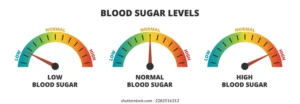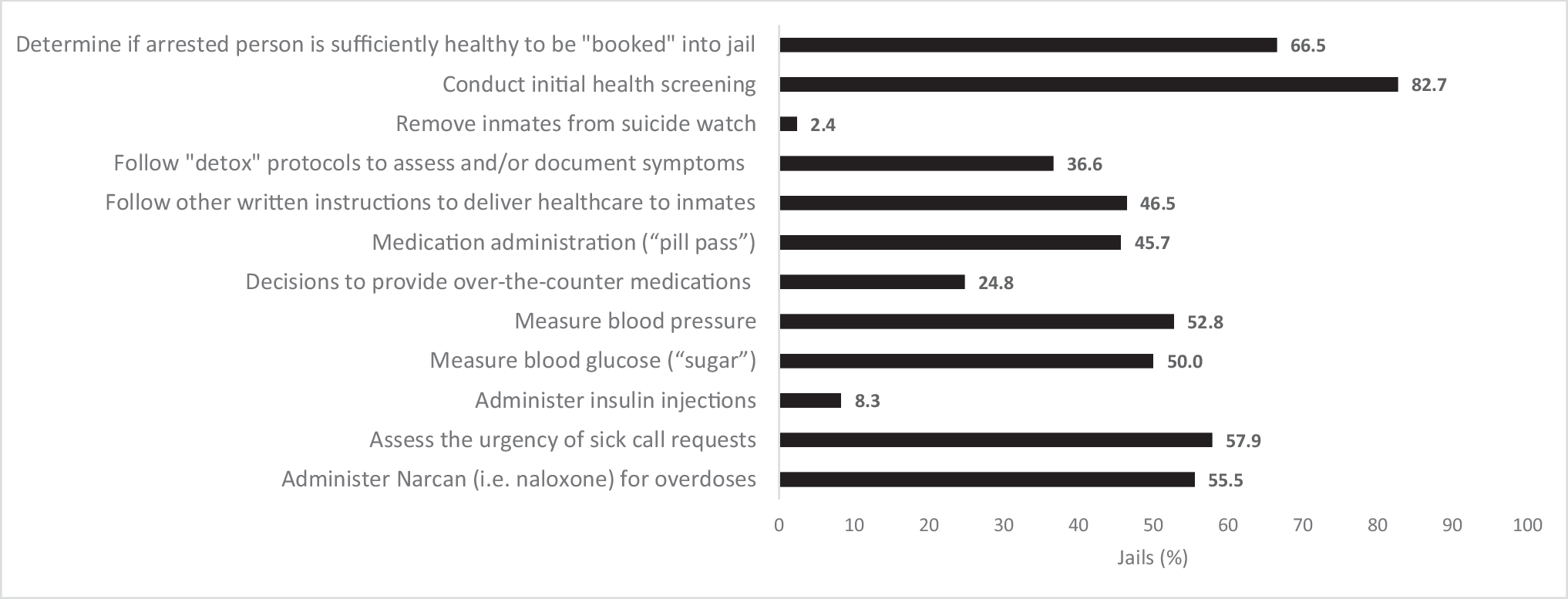Healthcare in jails – public or private employees?

Inmates lose a lot when they enter the jail system. From their freedoms, to their families and even their healthcare. While inmates may no longer have many choices in the type of healthcare they receive, their needs for medical care still persist, or in some cases worsen.
For jails in particular, the level and type of care can be highly variable since they aren’t covered by federal state systems. Recent research took on the challenge of identifying how healthcare is provided in jails, with this article highlighting some of their findings.
Who provides the care, and how?
Researchers decided to look at a sample of U.S. jails in the Southeast from 2020-2021 to see what healthcare actually looked like for inmates.
- Amongst the jails in this study, healthcare services were available either on-site, on-call or via telemedicine.
- Telemedicine was mostly used for mental health care, followed by primary care, and other specialty care.
- The majority of jails (96%) had access to a non-psychiatric healthcare provider or nursing staff (93%).
- Most of these providers delivered on-site services.
- For about half (52%) of jails, there was up to 2-days per week where there no healthcare provider or nurse on-site.
- For mental health needs, just over half of jails (56%) had a psychiatric provider available, with care mostly provided off-site.
- Non-prescribing mental health counselors and staff were available for about three-quarters (72%) of jails.
Detention Officer Medical Responsibilities
Because of the infrequency of on-site personnel, it was suspected that a lot of healthcare gaps are filled by Licensed Practical Nurses (LPNs), or by detention officers. This greatly limits the type of care provided to inmates, as neither is qualified to diagnose conditions or create care plans.
The figure below demonstrates the type of medical services provided by detention officers in this study.

Some of the most frequent medical responsibilities performed by detention officers included:
- Determining if someone was “healthy enough” to enter the jail system. This often included completion of a medical intake form.
- Triaging or assessing the urgency of medical needs (i.e., can the medical need wait, or is emergency care needed).
- Performing routine medical tasks such as checking blood sugar levels, injecting insulin, or following protocols for inmates detoxing from drugs or alcohol.
Typically, having more healthcare personnel on staff (specifically nurses) was associated with a decrease in the number of medical duties performed by detention officers.
Why does is matter?
Incarcerated populations have higher rates of chronic health conditions, substance use disorders and mental illness. Receiving inadequate medical care while imprisoned can lead to a worse health for the long-term.
Jails in general are designed for shorter durations of stay than prisons, with length of stays averaging approximately 36 days (based on preliminary data for 2023). However, this length of stay has increased since COVID-19, having been only about 23 days just 10-years ago. Court delays or other legal issues can mean that inmates remain in jail longer than anticipated.
Currently about 70% of inmates in jails are unconvicted (awaiting court action, or being held for other reasons) and about a third are serving a sentence or awaiting sentencing. As the length of stay increases for inmates, the need for healthcare services only grows.
A lack of healthcare services and staffing in jails can restrict the already limited avenues inmates have to seek out healthcare services. This can mean inmates aren’t able to take or receive medications daily because of waiting to be seen by a medical provider, don’t have access to timely non-emergent care services, face challenges with accessing preventive care or seeing medical specialists, or just have fewer health resources than prisons and the U.S. population in general.
All of these situations can needlessly impact the short and long term health of inmates. So if you or a loved one has experienced challenges with receiving proper medical while in jail, consider reaching out to one of our experienced attorneys to see if we can help.

